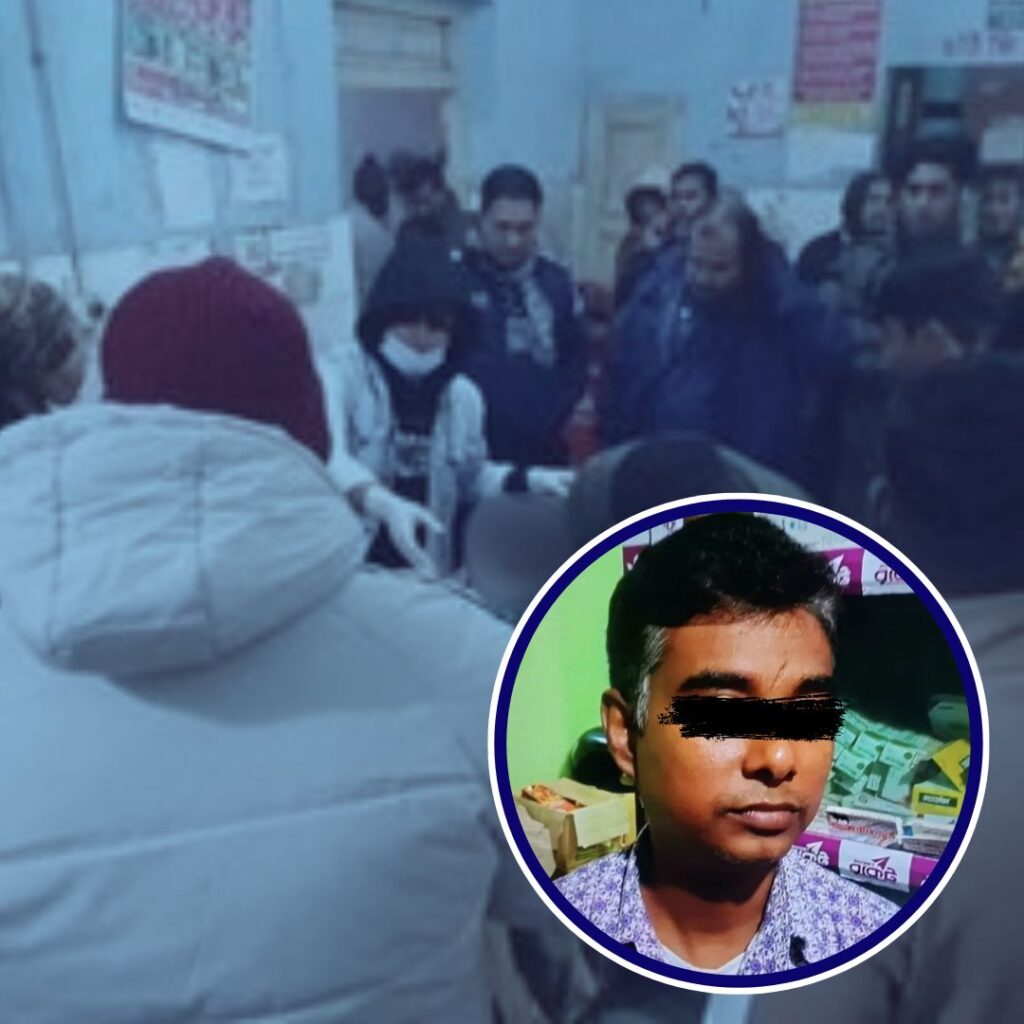As the country gears up to a phased unlocking, the Union Ministry of Health and Family Welfare issued a standard operating procedure (SOP) to be followed during the relaxation phase.
The guidelines that apply to religious places and places of worship (except those in containment zones) are set to change one’s experience of visiting such places amid the coronavirus pandemic.
After almost two months of lockdown, religious places are to open from Monday, June 8.
The common measures to be followed by the people working in such places and visitors at all times include mandatory use of masks and following social distancing norms.
Only asymptomatic people can be allowed in and they should wash their hands and feet with soap and water before entering the premises of any religious place, the guidelines said.
The entrance to religious places to be equipped with mandatory hand hygiene and ensuring sufficient distance to manage queue inside the premises.
10 Points To Remember If You Are Visiting Religious Places
1. Touching statues, idols and holy books are prohibited.
2. Large gatherings or congregation continue to remain prohibited to avoid overcrowding. Physical contact should be avoided while greeting each other.
3. Recorded devotional music or songs may be played and physical singing should be avoided.
4. Common prayer mats should be avoided and devotees are required to bring their prayer mat.
5. Physical offerings like prasad or distribution or a sprinkling of holy water are strictly prohibited.
6. Footwear to be preferably taken off inside own vehicle. If needed they should be kept in separate slots for each individual and family by the devotees themselves.
7. Community kitchens, langars, anna daan or any kind of food offering service at religious places should follow social distancing norms while preparing and serving food.
8. Management of the religious place should conduct frequent cleaning and disinfection within the premises.
9. Effective sanitation within the premises to be maintained with a special focus on lavatories, hand and foot-washing stations.
10. Proper disposal of face covers, masks and gloves left over by visitors and or employees should be ensured.
Also Read: 80 Migrants Died On Shramik Special Trains Between May 9 To May 27: Railway Protection Force Report













